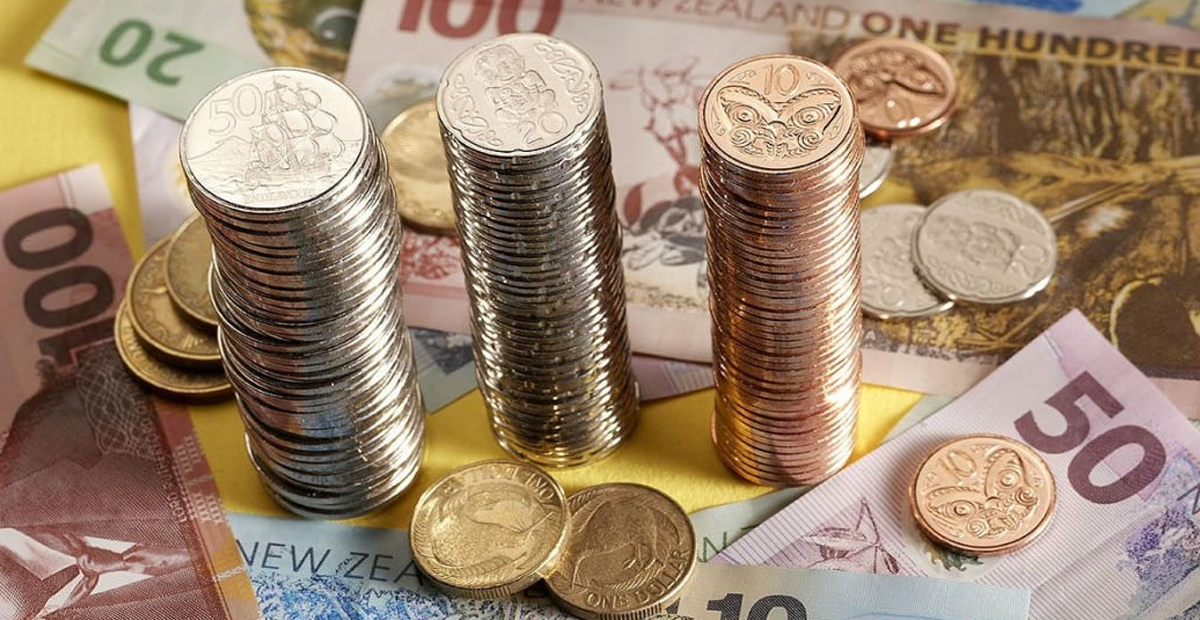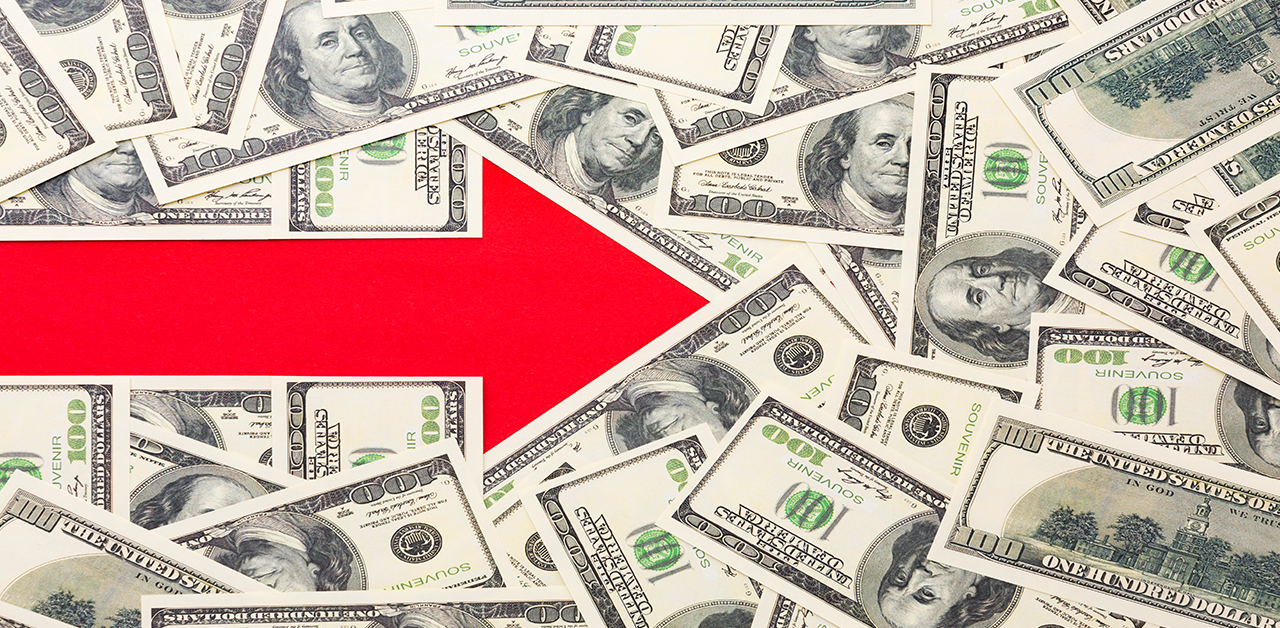March Inflation Exceeds RBNZ Forecasts, Rent Prices Hit Record High Since 1999
New Zealand’s annual inflation rate decreased to 4% in March from 4.7% in December, even as costs for rents, house construction, and council rates continued to rise, according to Statistics NZ. The Consumer Price Index (CPI) saw a marginal increase of 0.6% in the March quarter, slightly up from the previous quarter’s 0.5% rise, marking the smallest quarterly increase since June 2021. Despite the decrease, inflation remains above the Reserve Bank of New Zealand’s (RBNZ) target range of 1% to 3%.
Statistics NZ reported that annual inflation exceeded RBNZ’s expectations, which had predicted a reduction to 3.8%. Predictions by various banks also showed expectations of higher inflation, with Westpac and Kiwibank anticipating a 4.2% rise, ASB forecasting 4.1%, ANZ expecting 4%, and BNZ the lowest at 3.9%.
The primary factors contributing to the rise in the headline inflation figure for March were higher housing and household utility costs. Rents increased by 4.7% over the past 12 months, surpassing the 4.5% increase recorded in the previous year. Additionally, house construction costs and council rates rose by 3.3% and 9.8%, respectively, with rent prices recording the highest increase since the series began in September 1999.
Recreation and culture also significantly impacted the annual headline inflation figure, driven by a surge in accommodation costs and expenses related to events, cinema tickets, and subscriptions. Accommodation prices jumped by 20.8% over the year, a steep rise from the 6% increase in December. Cultural services costs rose by 9.7% in March.
Alcohol and tobacco were another major contributor to annual inflation, with alcoholic beverages increasing by 5% and cigarettes and tobacco by 10.4%. The average price for a packet of 25 cigarettes reached $54.27 in March 2024, with a single cigarette costing $2.17, up from 93 cents a decade ago.
Domestically driven inflation, or non-tradable inflation, was recorded at 5.8% for the March quarter, higher than the RBNZ’s forecast of 5.3%. This was attributed to increased costs in rent, construction, and tobacco. Tradable inflation, largely influenced by imported goods like petrol, was reported at 1.6%, slightly above the forecast of 1.5%.
Significant increases were also seen in hospital services, which rose by 13.5%, and insurance, up by 14% since March 2023. Food prices increased by 2.4% annually, a decrease from 5.7% in the previous quarter.
The RBNZ has responded to the high inflation by raising rates since October 2021, with the Official Cash Rate (OCR) currently at 5.50%. It is anticipated that headline inflation will fall below 3% by September this year. Following the latest data, ASB suggested that the RBNZ might delay rate cuts until February 2025 due to persistent domestically-generated inflation, reinforcing the central bank’s cautious approach to monetary policy.












